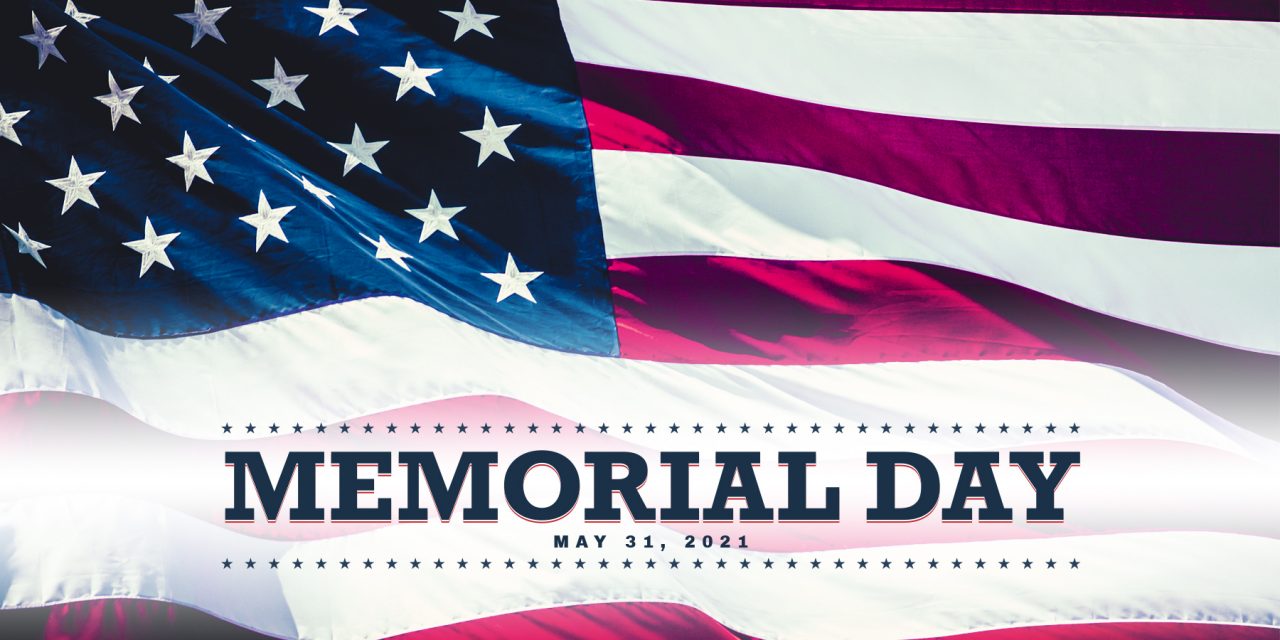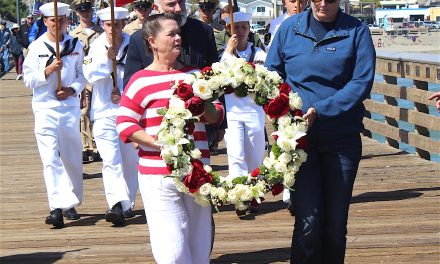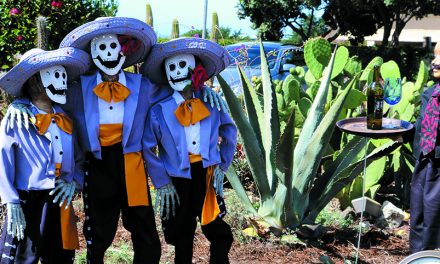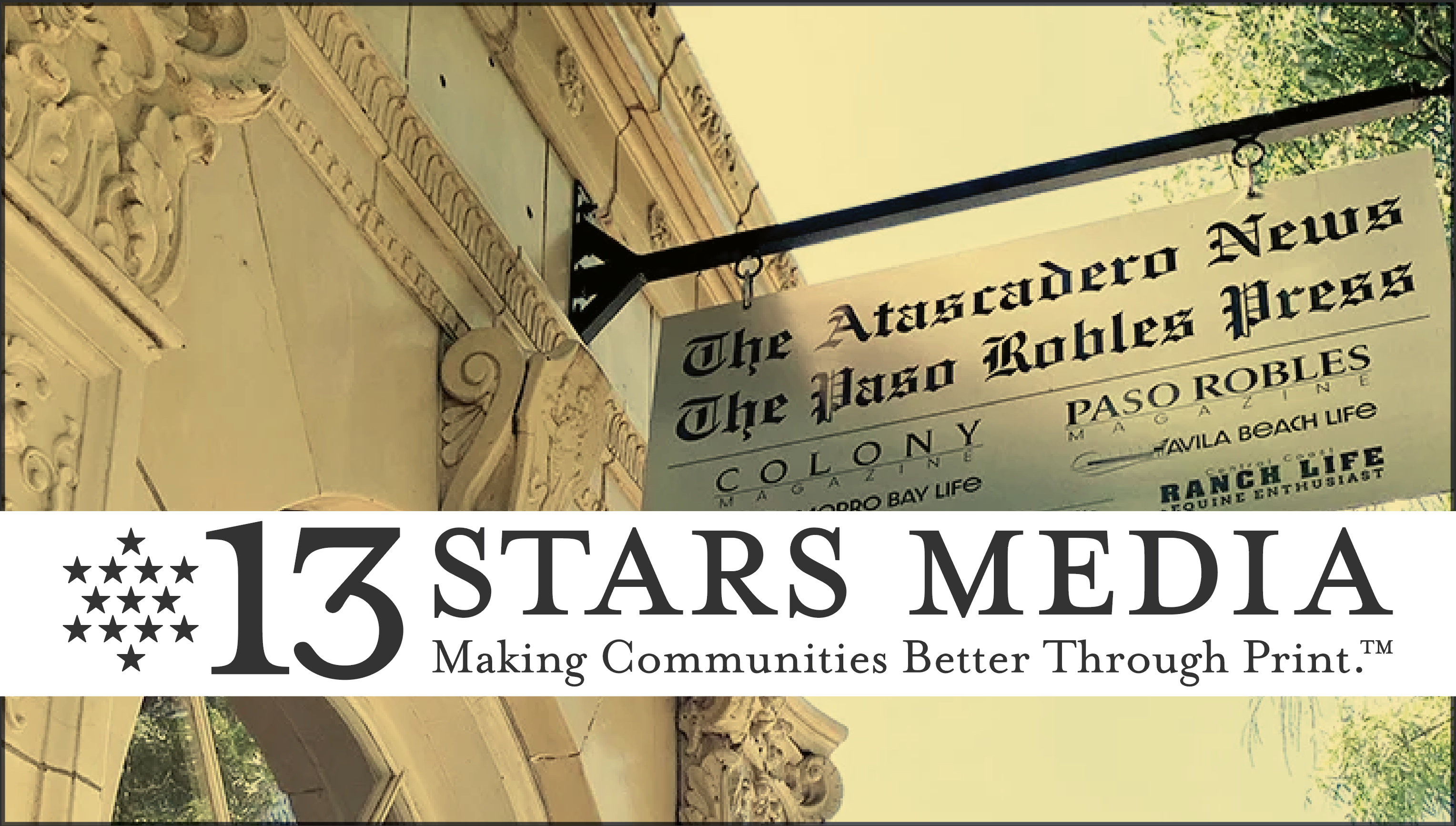“We do not know one promise these men made, one pledge they gave, one word they spoke;
– James A. Garfield May 30, 1868 Arlington National Cemetery
but we do know they summed up and perfected, by one supreme act, the highest virtues of men and citizens.
For love of country they accepted death, and thus resolved all doubts, and made immortal their patriotism and their virtue.”
As we reflect on 2020, Memorial Day was our first national holiday after the coronavirus washed across our country. Since then, our entire world changed, our nation has become divided, but on this day, our continued reflection and admiration for the servicemen and servicewomen will always remain.
Over the years, Memorial Day weekend brings us together and marks the beginning of the warm summer months ahead. It is important, however, now more than ever that we take time to reflect and to remember those who gave their lives in service, both here on American soil and abroad.
As we honor the servicemen and women this year, we do so in a country that longs for healing, peace, and unity. We do so at a time that when the pandemic is still among us and the war that we are experiencing is like none we have ever seen before.
The holiday itself originated in the years following the Civil War and officially became a federal holiday in 1971.
On November 19, 1863, President Abraham Lincoln delivered remarks, which later became known as the Gettysburg Address, the official dedication ceremony for the National Cemetery of Gettysburg in Pennsylvania, on the site of one of the bloodiest and most decisive battles of the Civil War.
Lincoln’s address is remembered as one of the most important speeches in American history. In it, he invoked the principles of human equality contained in the Declaration of Independence and connected the sacrifices of the Civil War with the desire for “a new birth of freedom,” as well as the all-important preservation of the Union created in 1776 and the ideal of self-government.
It is documented that more than 620,000 men died in the Civil War, more than any other war in American history, even when combined—a war where the United States fought against itself in order to abolish slavery and won in April 1865.
On January 1, 1863, President Abraham Lincoln declared the end of slavery with the Emancipation Proclamation issued in all Confederate states in rebellion against the Union “shall be then, thenceforward, and forever free.”
The Civil War raged on until the major Confederate armies surrendered to the United States in April of 1865.
Two months later, in June 1865, after the war ended, General Granger’s final stop was in Galveston, Texas, which signaled freedom for Texas’s 250,000 enslaved people, and Juneteenth was born.
In 1979, Texas became the first state to make Juneteenth an official holiday. Today, 47 states recognize Juneteenth as a state holiday, with continued efforts to make it a national federal holiday by Congress.
The sacrifices during that time are unmeasurable, and hard to fathom a nation more divided. Today, our country continues to face an invisible enemy, which has us divided once again and evaluating where we have come from, how our nation was formed, what our future holds, and how our grandchildren will remember this time in history.
Taking the time to remember the brave men and women and the ultimate sacrifice they made and continue to make on behalf of the American people by their own free will, is debt that we will never be able to repay.
We can, however, honor them, recognize them and choose to set aside our differences and come together for the good of our nation and for future generations to come.







